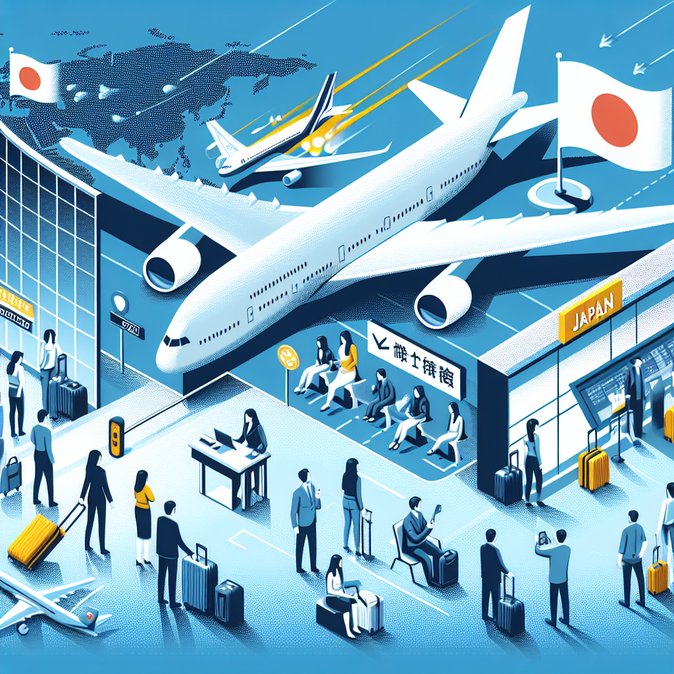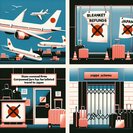
Escalating political frictions between Beijing and Tokyo are spilling into the travel market. Chinese OTAs report more than half a million flight bookings to Japan have been cancelled since early November after provocative comments by Japanese politicians on Taiwan and new safety warnings issued by China’s Ministry of Culture & Tourism. Major Chinese agencies, including Ctrip and Caissa, have suspended group tours, while airlines are cutting winter capacity on Shanghai–Tokyo and Chengdu–Osaka routes.
Economic stakes are high. Before the pandemic Chinese tourists contributed roughly US$13 billion annually to Japan’s retail and hospitality sectors. Analysts at Nomura now warn Japan could lose up to ¥2 trillion (US$13 billion) in visitor spending if the stand-off lasts a year. SMEs in Kyoto and Hokkaido that cater to Chinese package groups are particularly exposed.
![China-Japan Diplomatic Rift Triggers 500 000 Flight Cancellations]()
For mobility and assignment planners the chill affects both directions: Japanese firms in China face tighter scrutiny on visa invitations, and Japanese expatriates in tier-one Chinese cities report longer processing times for residence-permit renewals.
Both governments are signalling de-escalation through back-channel talks ahead of a possible leaders’ meeting at next month’s ASEAN-Plus-Three summit, but industry bodies such as the Japan Association of Travel Agents urge contingency planning through diversification into Southeast Asian markets.
Companies sending staff to Japan should monitor China’s travel advisories (Level III alert now in place) and consider routing through Hong Kong or Seoul if direct capacity tightens further.
Economic stakes are high. Before the pandemic Chinese tourists contributed roughly US$13 billion annually to Japan’s retail and hospitality sectors. Analysts at Nomura now warn Japan could lose up to ¥2 trillion (US$13 billion) in visitor spending if the stand-off lasts a year. SMEs in Kyoto and Hokkaido that cater to Chinese package groups are particularly exposed.

For mobility and assignment planners the chill affects both directions: Japanese firms in China face tighter scrutiny on visa invitations, and Japanese expatriates in tier-one Chinese cities report longer processing times for residence-permit renewals.
Both governments are signalling de-escalation through back-channel talks ahead of a possible leaders’ meeting at next month’s ASEAN-Plus-Three summit, but industry bodies such as the Japan Association of Travel Agents urge contingency planning through diversification into Southeast Asian markets.
Companies sending staff to Japan should monitor China’s travel advisories (Level III alert now in place) and consider routing through Hong Kong or Seoul if direct capacity tightens further.











